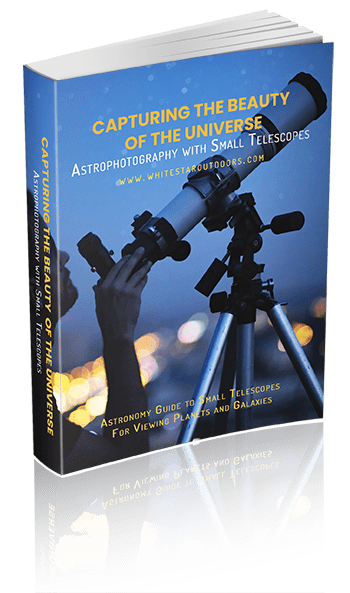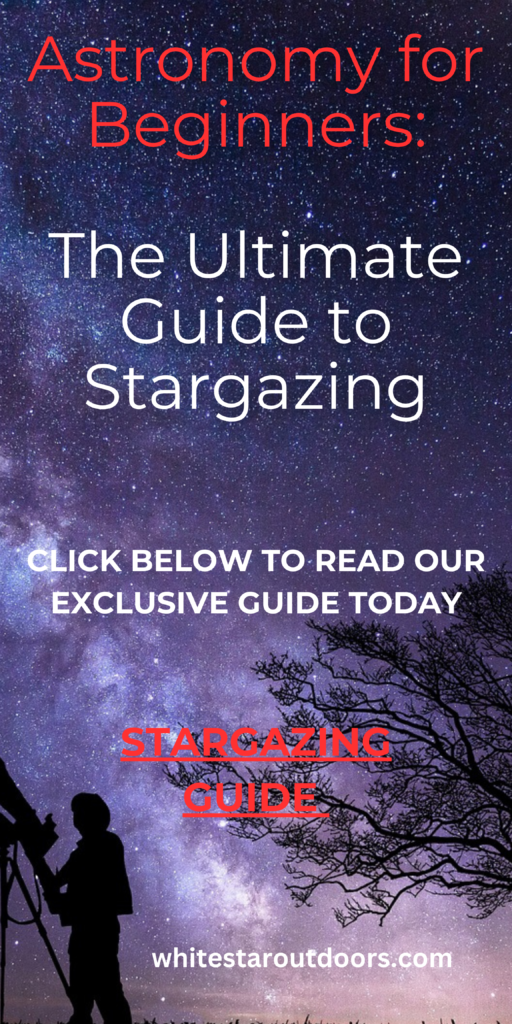
“Welcome to our Quiz for Novice Stargazers!
Are you ready to embark on an exciting journey through the cosmos? And to test your knowledge with a Quiz for Novice Stargazers
Join us as we explore the wonders of the night sky and unravel the mysteries of the universe. Whether you’re just starting your stargazing adventure or looking to expand your celestial knowledge, this quiz is perfect for you.
Get ready to test your skills, learn fascinating facts about stars and galaxies, and ignite your passion for astronomy.
Let’s dive into the 10 question Quiz for Novice Stargazers and discover the marvels of the cosmos together!”
1. What is the primary purpose of a telescope in astronomy?
a) To observe planets
b) To study meteorology
c) To detect radio waves
d) To measure distances between stars
2.Which type of telescope uses lenses to gather and focus light?
a) Reflector telescope
b) Catadioptric telescope
c) Refractor telescope
d) Radio telescope
3. What is the term for the diameter of a telescope’s main optical component, such as a mirror or lens?
a) Magnification
b) Aperture
c) Focal length
d) Eyepiece
4. Which celestial object would you observe using a telescope with high magnification?
a) The Moon
b) Jupiter’s moons
c) Andromeda Galaxy
d) Orion Nebula
5. What is the advantage of a telescope with a larger aperture?
a) Increased magnification
b) Brighter images
c) Lighter weight
d) Longer battery life
6. What is the function of the mount on a telescope?
a) To support the telescope
b) To adjust the focus
c) To amplify sound
d) To generate power
7. Which type of mount allows for easy tracking of celestial objects as they move across the sky?
a) Altitude-Azimuth mount
b) Equatorial mount
c) Dobsonian mount
d) Fork mount
8. What is the purpose of an eyepiece in a telescope?
a) To gather light
b) To filter out unwanted colors
c) To magnify the image
d) To stabilize the telescope
9. What is the term for the ability of a telescope to distinguish fine details?
a) Magnification power
b) Resolution
c) Aperture size
d) Focal ratio
10. Which telescope is best suited for observing distant galaxies and faint celestial objects?
a) Refractor telescope
b) Catadioptric telescope
c) Reflector telescope
d) Radio telescope



